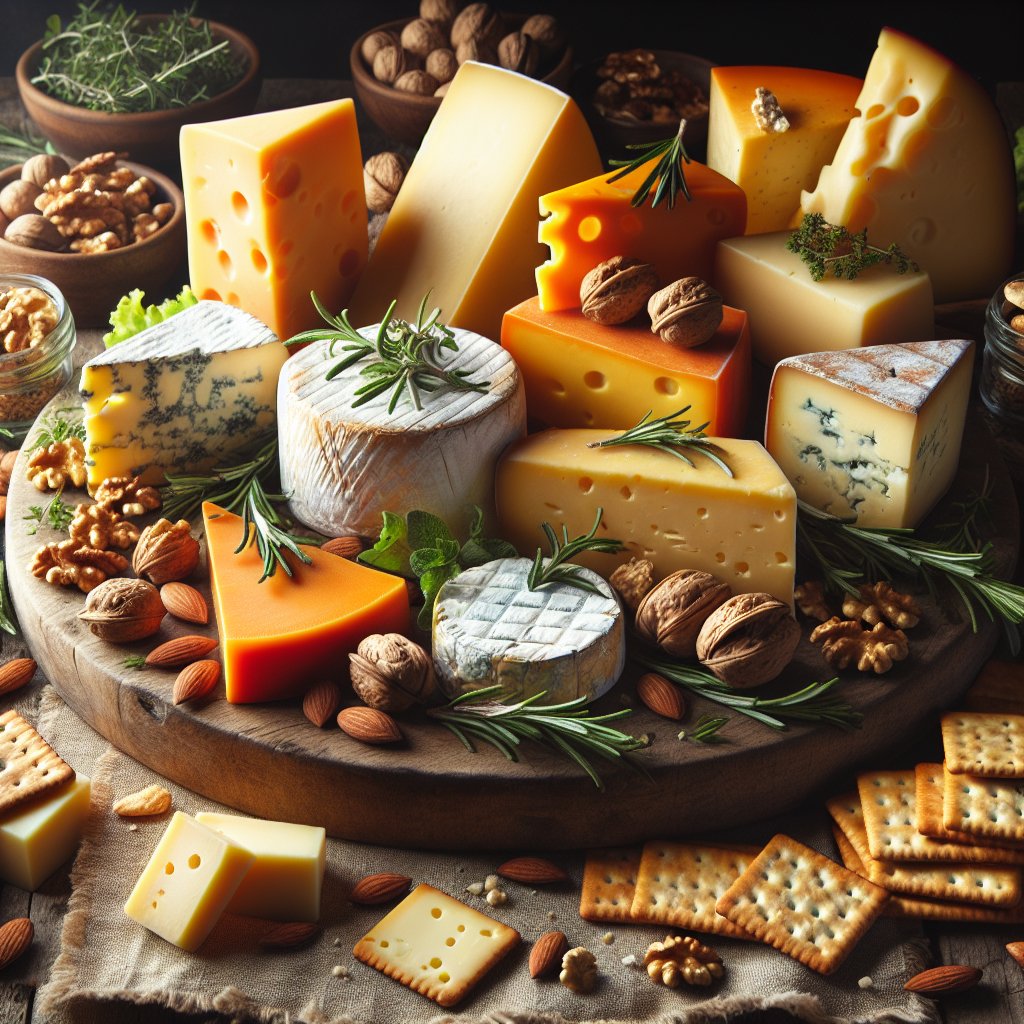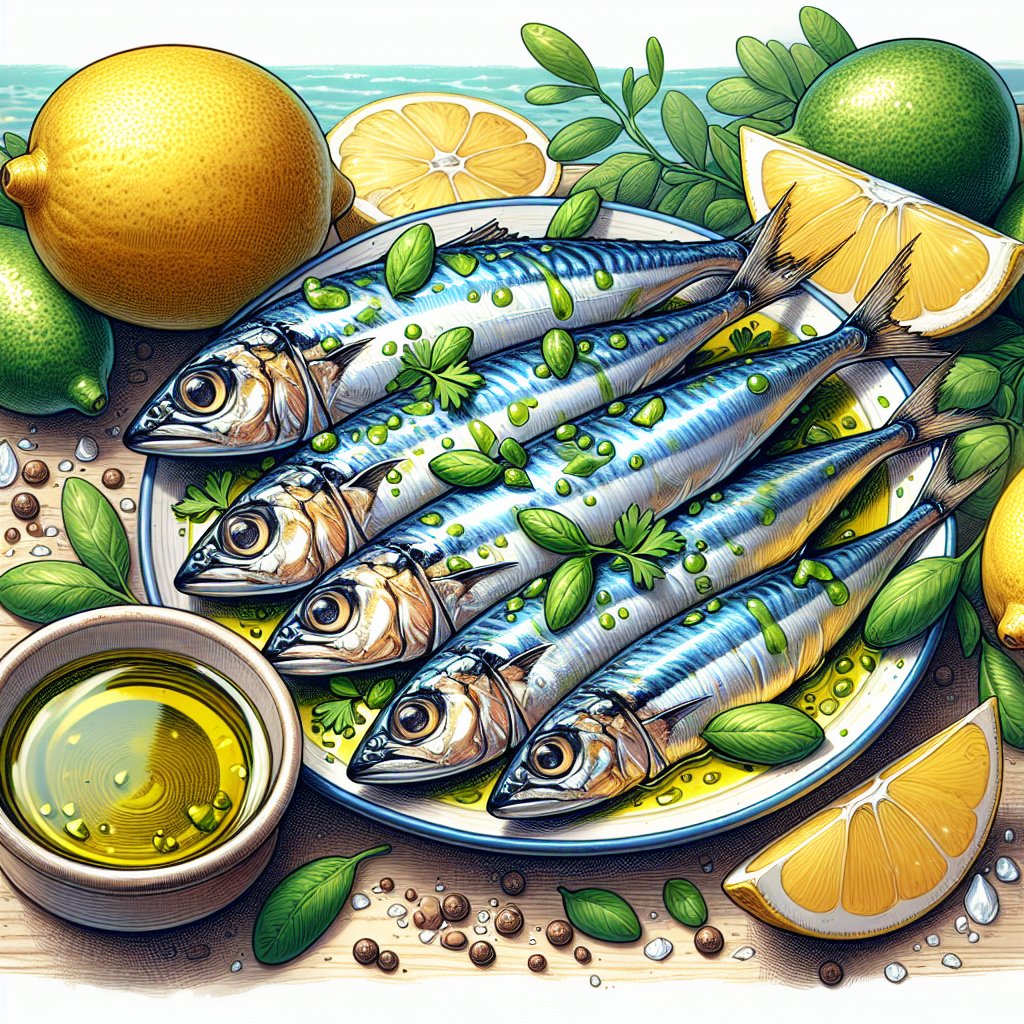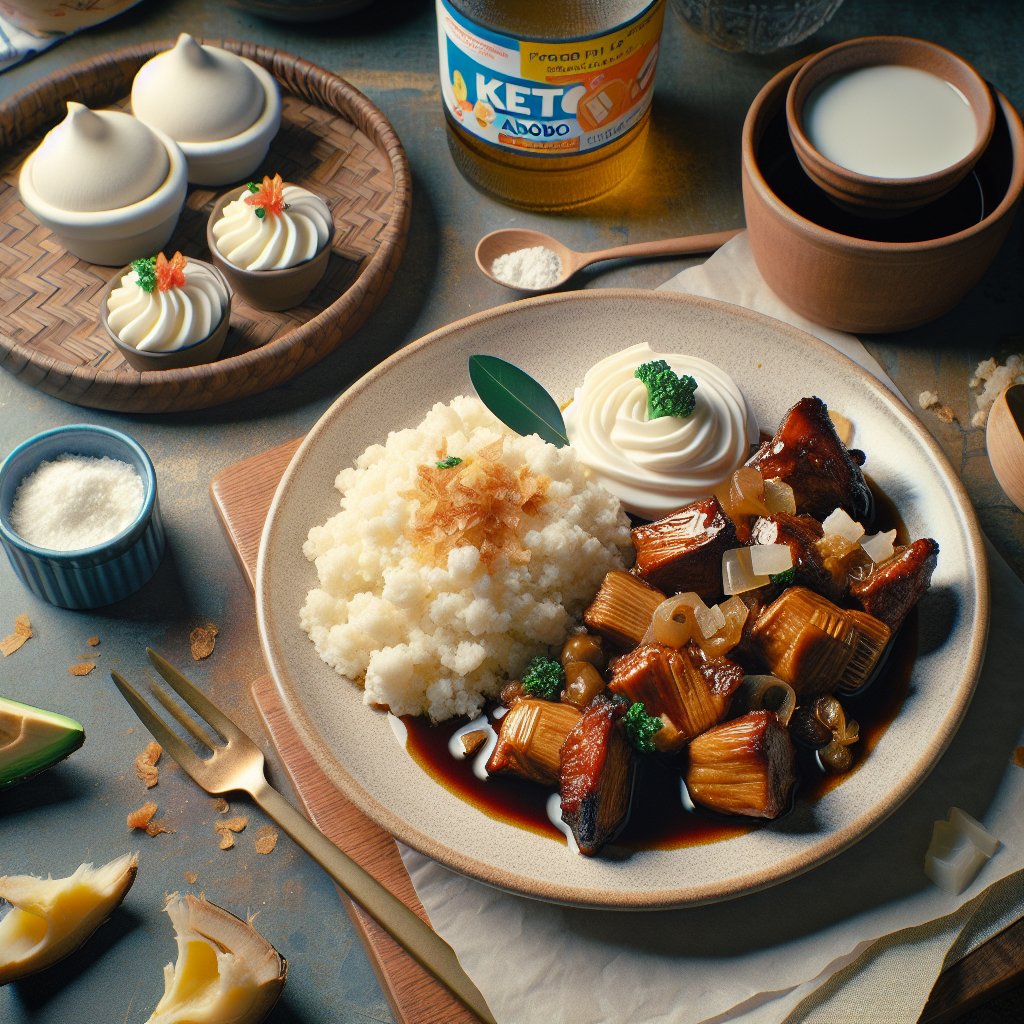Cheese on the Keto Diet: How Much Cheese Can You Eat on Keto? Find Out Now!
Brief Overview of the Keto Diet’s Popularity
Are you ready to dive into the delicious world of cheese and the keto diet? Let’s get started! The ketogenic diet has gained immense popularity in recent years, and for good reason. With its focus on low-carb, high-fat foods, it has helped countless people achieve their weight loss and health goals. It’s essential to understand how different foods fit into a keto lifestyle, and today we’re going to explore the role of one of the most beloved ingredients – cheese.
Cheese is a staple in many keto-friendly recipes, but it’s important to know the right amount to consume to stay in ketosis. By understanding the role of cheese in the keto diet, you can make informed choices about how much to include in your daily meals. Let’s dive deeper into this creamy, savory topic and find out just how much cheese you can enjoy while following a ketogenic lifestyle.

What is the Keto Diet?
So, you’ve heard about the ketogenic diet, but what exactly is it? The keto diet is a low-carb, high-fat diet that has gained immense popularity for its impressive weight loss and health benefits. When you follow the keto diet, your body enters a state of ketosis, where it shifts from using glucose as its primary fuel source to burning fat for energy. This metabolic state can lead to significant weight loss and improved overall health.
The principles of the keto diet involve drastically reducing your carbohydrate intake and replacing it with healthy fats and a moderate amount of protein. The reduced carb intake puts your body in a state of ketosis, where it becomes incredibly efficient at burning fat for energy. Research has shown that the keto diet can lead to rapid weight loss, reduced inflammation, improved heart health, and even enhanced mental clarity.
Understanding the science behind the keto diet helps us grasp how it can promote weight loss and improve overall health by fundamentally altering the way our bodies utilize energy.
2. Cheese and the Keto Diet
Cheese is a beloved and versatile ingredient that can be a delicious addition to a ketogenic diet. It’s not only tasty but also offers essential nutrients that align with the keto principles. Let’s explore the role of cheese in a keto diet, including its nutritional value, carb content, and how it can be beneficial for keto followers.
The Nutritional Value of Cheese
Cheese is a fantastic source of high-quality protein and fat, both of which are key components of a keto diet. It also contains essential nutrients such as calcium, vitamin D, phosphorus, and B vitamins, which are vital for overall health and well-being. The combination of these nutrients makes cheese a valuable addition to a ketogenic lifestyle.
Carb Content in Cheese
One of the reasons cheese is popular among keto followers is its low carb content. Most types of cheese contain negligible amounts of carbohydrates, making them an excellent choice for those following a low-carb, high-fat diet.
Benefits of Cheese for Keto Followers
Including cheese in your keto diet can provide satiety and flavor to your meals, making it easier to adhere to the diet. The fat and protein in cheese also help in stabilizing blood sugar levels and reducing cravings, which are common challenges when transitioning to a ketogenic lifestyle.
When including cheese in your keto meal plan, opt for full-fat and unprocessed varieties. Remember to moderate your intake, as cheese is calorie-dense, and portion control is essential for success on the keto diet.

Best Types of Cheese for Keto
When it comes to the keto diet, cheese is a popular choice due to its high fat and low carb content. Here are some of the best types of cheese that are perfect for a keto diet:
1. Brie
Brie cheese is a soft, creamy cheese that is low in carbs and high in fat, making it an excellent choice for keto. It’s delicious on its own or paired with some keto-friendly crackers or veggies.
2. Gouda
Gouda cheese is a semi-hard cheese with a rich and nutty flavor. It’s low in carbs and high in fat, making it a great addition to your keto meal or snack.
3. Blue Cheese
Blue cheese has a strong and tangy flavor, and it’s low in carbs while being high in fat, making it a fantastic option for the keto diet. It can add a burst of flavor to your salads or dressings.
When enjoying these cheeses on the keto diet, it’s essential to keep track of portion sizes to ensure you stay within your daily carb and calorie limits.
Importance of Portion Control When Consuming Cheese on Keto
Cheese is undeniably delicious, and it’s a staple ingredient in many ketogenic diet recipes. However, when it comes to enjoying cheese on the keto diet, portion control is key. While cheese is low in carbs and high in fat, it’s also calorie-dense. It’s essential to moderate your cheese intake to ensure you stay within your daily calorie limits. Moreover, excessive cheese consumption could lead to exceeding your protein intake, which may potentially interfere with ketosis.
When asking yourself, “How much cheese can you eat on keto?” here are some practical tips to keep in mind:
Tips on Moderating Cheese Intake
- Use a kitchen scale to measure portions
- Opt for stronger flavored cheeses, so you need less to feel satisfied
- Incorporate cheese as a flavoring agent rather than the main ingredient
- Be mindful of cheese-based snacks and ensure they fit within your daily macros

Potential Risks of Consuming Too Much Cheese on Keto
When it comes to cheese on a keto diet, it’s essential to enjoy it in moderation. While cheese is a fantastic source of healthy fats and protein, excessive consumption can pose certain risks.
Studies have shown that excessive cheese consumption can hinder weight loss on a keto diet. Since cheese is calorie-dense, it’s easy to exceed daily calorie goals, which can impede progress towards weight loss. Additionally, overindulgence in cheese can elevate saturated fat intake, which may not be beneficial for heart health. Therefore, it’s crucial to be mindful of portion sizes and choose lower-fat cheese options when possible.
For more information on how much cheese you can eat on keto, continue reading.
Recipes and Ideas for Including Cheese in Keto Meals
If you love cheese as much as I do, you’ll be thrilled to know that it’s a fantastic ingredient for keto-friendly meals. Here are a few delicious recipes that incorporate cheese as a central ingredient:
Keto Cauliflower Mac and Cheese
This low-carb version of mac and cheese is creamy, cheesy, and incredibly satisfying. Replace traditional macaroni with cauliflower for a guilt-free indulgence.
Keto Cheese Stuffed Meatballs
These meatballs are packed with gooey melted cheese, making them a delicious and protein-packed keto meal. They are perfect for a family dinner or a party appetizer.
Keto Cheese and Spinach Stuffed Chicken Breast
Tender chicken breasts are stuffed with creamy cheese and nutritious spinach, creating a flavorful, elegant, and low-carb dish. It’s a great choice for a special dinner.
These recipes showcase the versatility of cheese in keto cooking. From comforting casseroles to savory stuffed dishes, cheese adds richness and flavor to any meal, making it a delightful addition to your keto repertoire.

Consultation with a Healthcare Provider
Before making significant dietary changes, especially when it comes to increasing cheese consumption on a keto diet, it’s crucial to consult with a healthcare provider or a nutritionist. This step is important because individual dietary needs and health conditions vary. Consulting with a professional can ensure that increasing cheese intake aligns with your specific health goals and doesn’t pose any risks. In some cases, factors like lactose intolerance or high cholesterol levels may require personalized guidance. Therefore, before you indulge in a cheesy keto feast, make sure to have a chat with a healthcare expert to determine the right amount of cheese for your ketogenic journey.
Conclusion
When it comes to consuming cheese on a keto diet, it’s important to keep a few key points in mind. Firstly, cheese can be a valuable source of essential nutrients and healthy fats. However, moderation is key when it comes to incorporating it into your keto meal plan. While it can be tempting to indulge in excessive amounts of cheese, it’s crucial to remember that it still contains calories and may impact your overall calorie intake. For personalized advice tailored to your specific dietary needs and goals, it’s always best to consult a healthcare professional or a registered dietitian. By finding the right balance and seeking personalized guidance, you can optimize your cheese intake while staying in ketosis.


